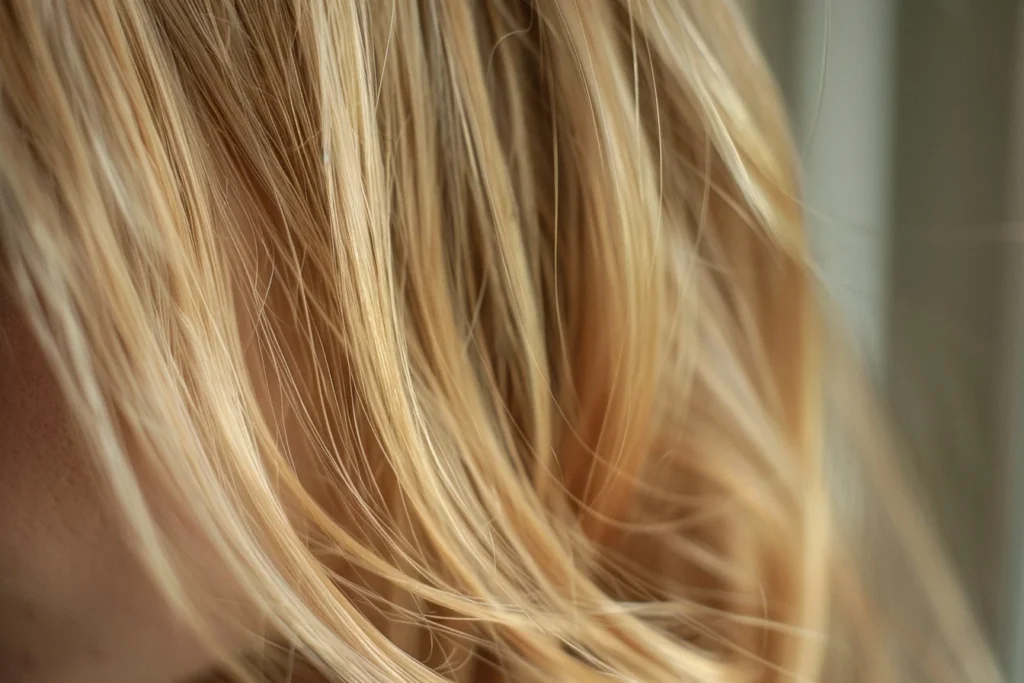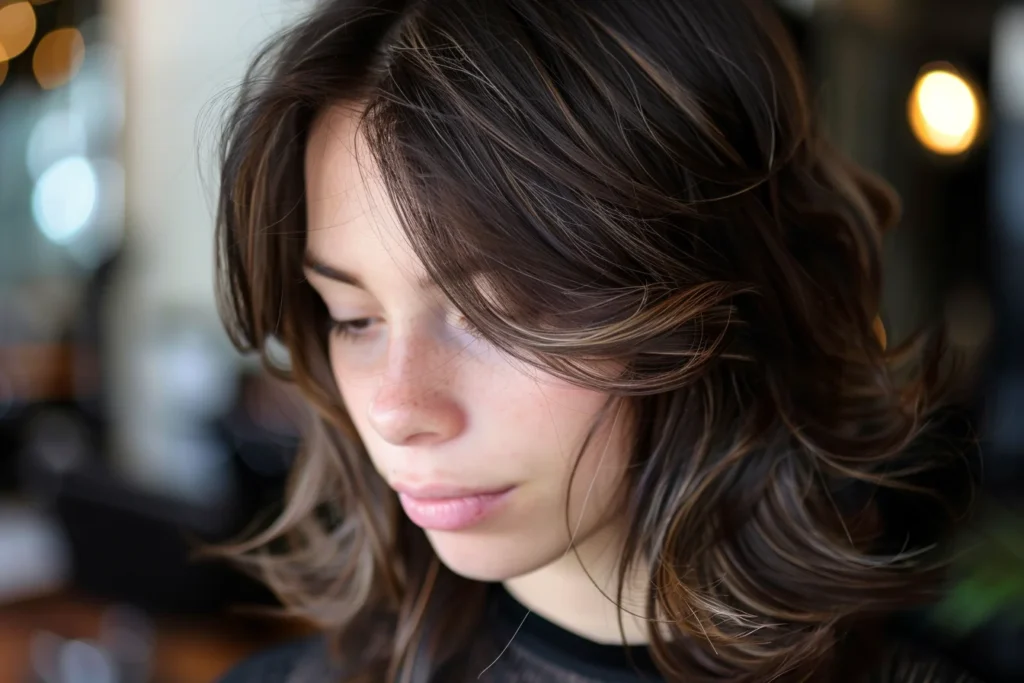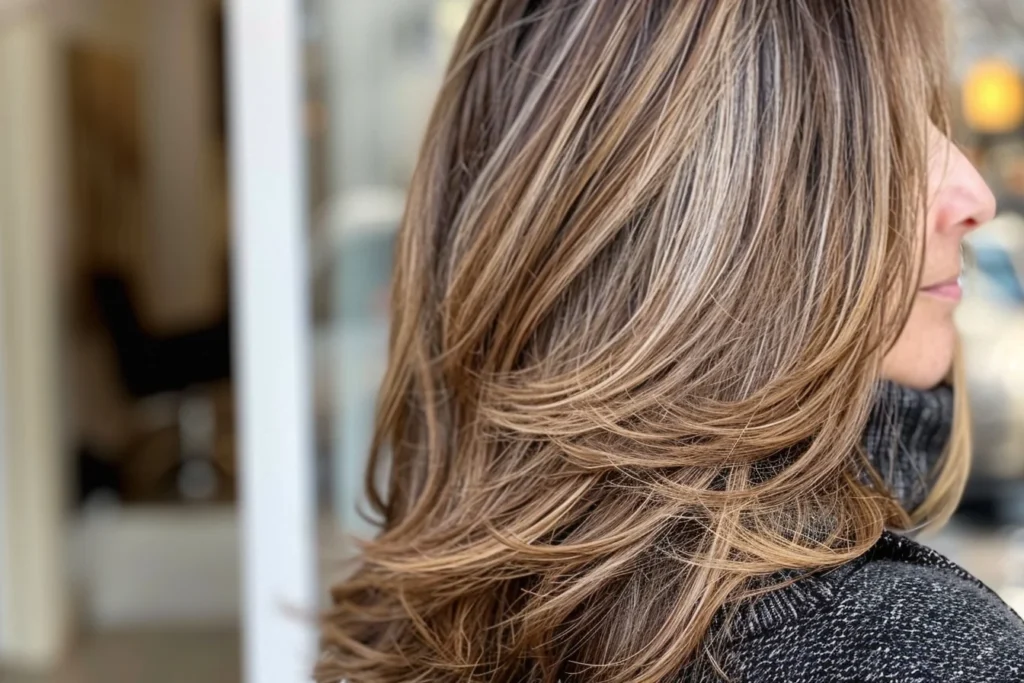Alopecia, also known as hair loss is a common condition with several causes such as genetics, hormone imbalances, hypothyroidism, traction alopecia, trauma, infection, or chemotherapy.
Strangely enough, even diet-related issues like nutrient deficiencies and the use of supplements can cause it.
Lack of certain minerals
Hair consists of two main parts: the visible part called the hair shaft and a hidden part called the follicles.
Hair typically grows from the follicle at an average rate of approximately 0.35mm/day.
The scalp loses 100 hairs per day which can become more if people who are taking care of their hair wash or brush them.
Hair follicles are extremely active cells that divide very fast in your body thus they are prone to be affected by nutritional deficiencies that may hinder the growth of hair negatively.
Iron

Hypovitaminosis (iron deficiency) is one of the most widespread global food problems that lead to hair loss in particular telogen effluvium (TE).
TE results in excessive shedding of the hair due to disruption in the normal cycle of hair growth.
Iron deficiency seems to disturb the growth of the air by diverting its stores into any other place than on the head.
Research shows that people with hair loss often have lower blood and hair iron levels compared to those without it.
Vitamin D

Vitamin D is important for nourishing the hair and maintaining healthy follicles.
However, studies indicate low levels are found amongst individuals suffering from a variety of conditions such as female pattern baldness and alopecia areata.
Vitamin D supplementation has been found to improve regrowth in vitamin D-deficient individuals.
In 2020 a research involving 109 persons revealed that those experiencing this problem had significantly lower levels of vitamin D than those who were not affected by this disorder.
Iron deficiency was also present among them hence researchers suggested that assessing both vitamin D and iron levels be done for those with diffuse hair loss.
Zinc

Zinc has a vital role to play in terms of immunity, protein synthesis, and cellular division- all of which are necessary for the normal functioning of hair follicles.
Hair loss can occur as a result of a zinc deficiency because people who have alopecia areata, male/female pattern baldness, or telogen effluvium tend to have low levels.
Other Nutrients that Affect Hair Loss
Research has also shown that copper, biotin, vitamin B12, folate and riboflavin deficiencies are considered to be linked with hair loss and it is worth noting that there can be various factors contributing to thinning and shedding apart from multiple nutrient depletions.
Please consult your doctor if you suspect any type of nutrient insufficiency since a simple blood test may help identify micronutrient levels within you.
Calorie & Protein Deficiency

The cells in the hair bulb part of the follicle renew quickly therefore their functions require a constant supply of energy (calories) and amino acids (protein).
Restriction in calories affects the energy supply to the follicle causing hair to fall off.
Very low-calorie dieting results in a reduction of hair while restricting protein leads to dwindling hair because there will not be enough amino acids needed for proper growth.
Loss Of Weight
Indeed, a marked decrease in weight can result in hair falling out, particularly after bariatric surgery or with extreme dieting.
With rapid weight loss and stress of the surgery could come sudden hair loss while malabsorption after surgery may result in nutritional shortages that can cause hair loss gradually.
Hair loss is a major problem for those having bariatric surgery and therefore they must take micronutrient supplements.
Supplements

Certain ones can be used to promote hair health, whilst other ones are known to accelerate the process of baldness through overdose.
Ingestion of high quantities of selenium, vitamin E, and A for instance can be harmful to one’s body.
Excessive consumption of vitamin A may lead to hypervitaminosis A which results in hair fall.
Similarly, excessive consumption of selenium from food or supplement sources can cause very serious health problems including alopecia.
Many supplements marketed as aids for growing healthy hair have too many nutrients which when taken excessively contribute to further loss of hair. You should always seek medical advice before taking any supplements.
Summing up
Hair may fall out due to many factors such as medical conditions, hormone irregularities and infections among others.
The role played by nutrition-related factors such as micronutrient deficiencies, insufficient eating or protein intake, and excessive dosage of certain supplements also triggers this condition however its contributing factors are diverse.
In case your hair is falling heavily you need to see a physician who will guide you on what measures will require being taken.
Other Causes That May Lead to Hair Loss

Reports show that different lifestyle aspects put people at risk of losing their mane; these include smoking, drinking alcohol, experiencing stress attacks without sleeping enough time etc.
Lifestyle Issues
Smoking: Smoking has been linked with several types of alopecia; examples include Alopecia Areata which is an autoimmune disease resulting in patchy baldness.
Drinking: People who take more than four alcoholic drinks per week are more likely to experience hair loss.
Conversely, abstaining completely from alcohol has been seen to result in hair loss, demonstrating the intricate relationship between alcohol and hair.
RELATED: 25 Top Medium-Length Hairstyles for Women for a Modern Twist
Stress: There is a correlation between increased duration of stress and alopecia.
Prolonged stress may cause telogen effluvium characterized by an accelerated shedding stage that pushes excessive amounts of hair from the scalp.
Lack of Sleep: Poor sleep quality increases the risk for alopecia areata as well as severe female pattern hair loss (FPHL).
Risk Moderation

To counteract these triggers for baldness:
Quit Smoking: By quitting smoking, you can enhance your overall health and reduce the likelihood of losing your hair as well.
Moderate Alcohol Intake: For this purpose, it is necessary to control oneself and not drink too much alcohol which may have a negative effect on a woman’s head.
RELATED: Best Summer Hair Care Tips
Ensure Adequate Sleep: To promote general well-being including healthy hair growth, ensure 7-9 hours of restful sleep daily.
Manage Stress: Activities such as going to the gym or engaging in your favorite hobbies will help you handle anxiety.

